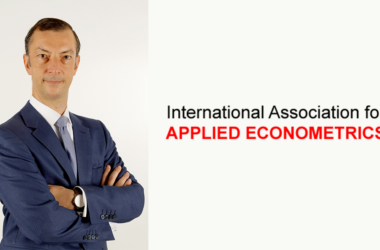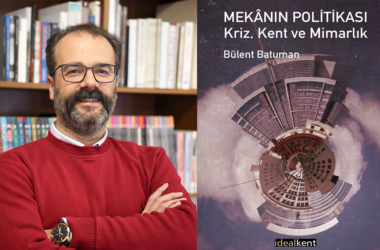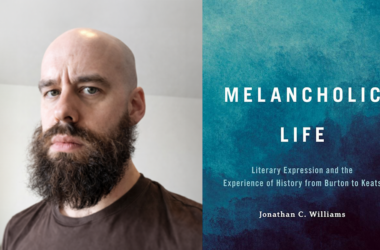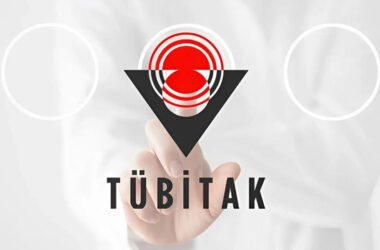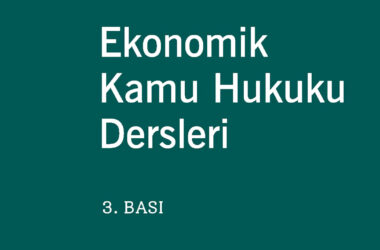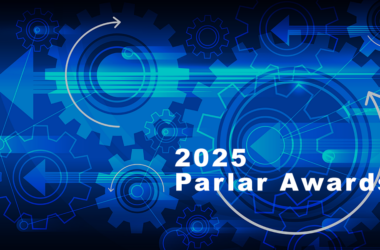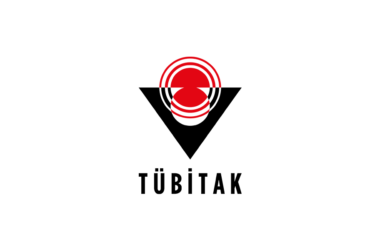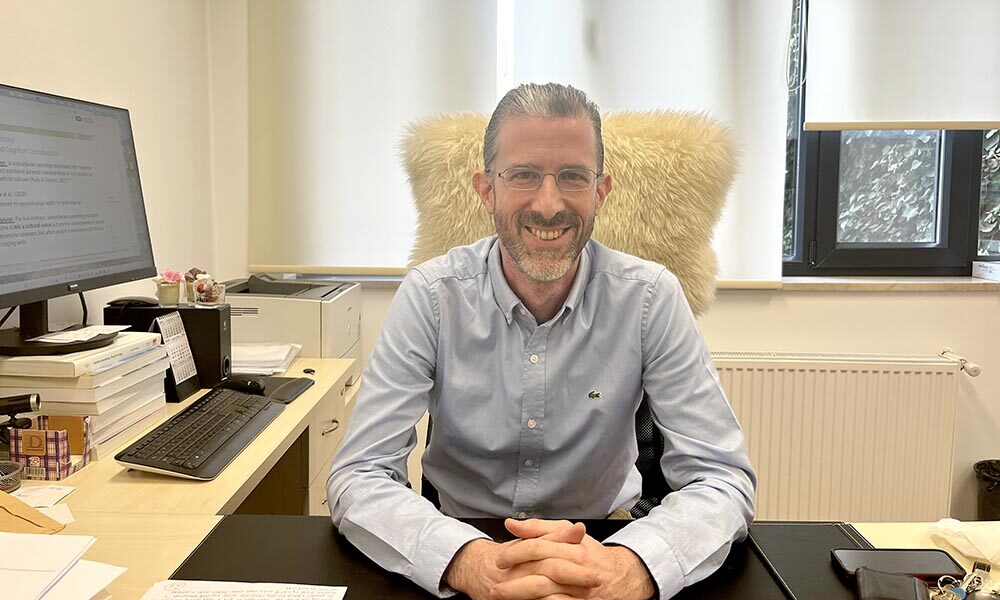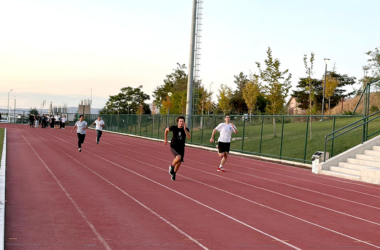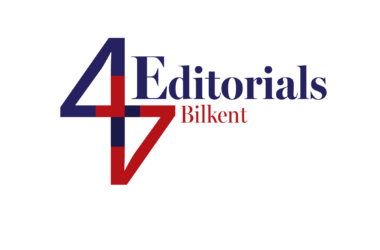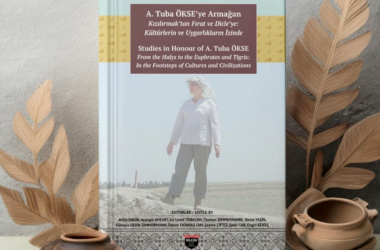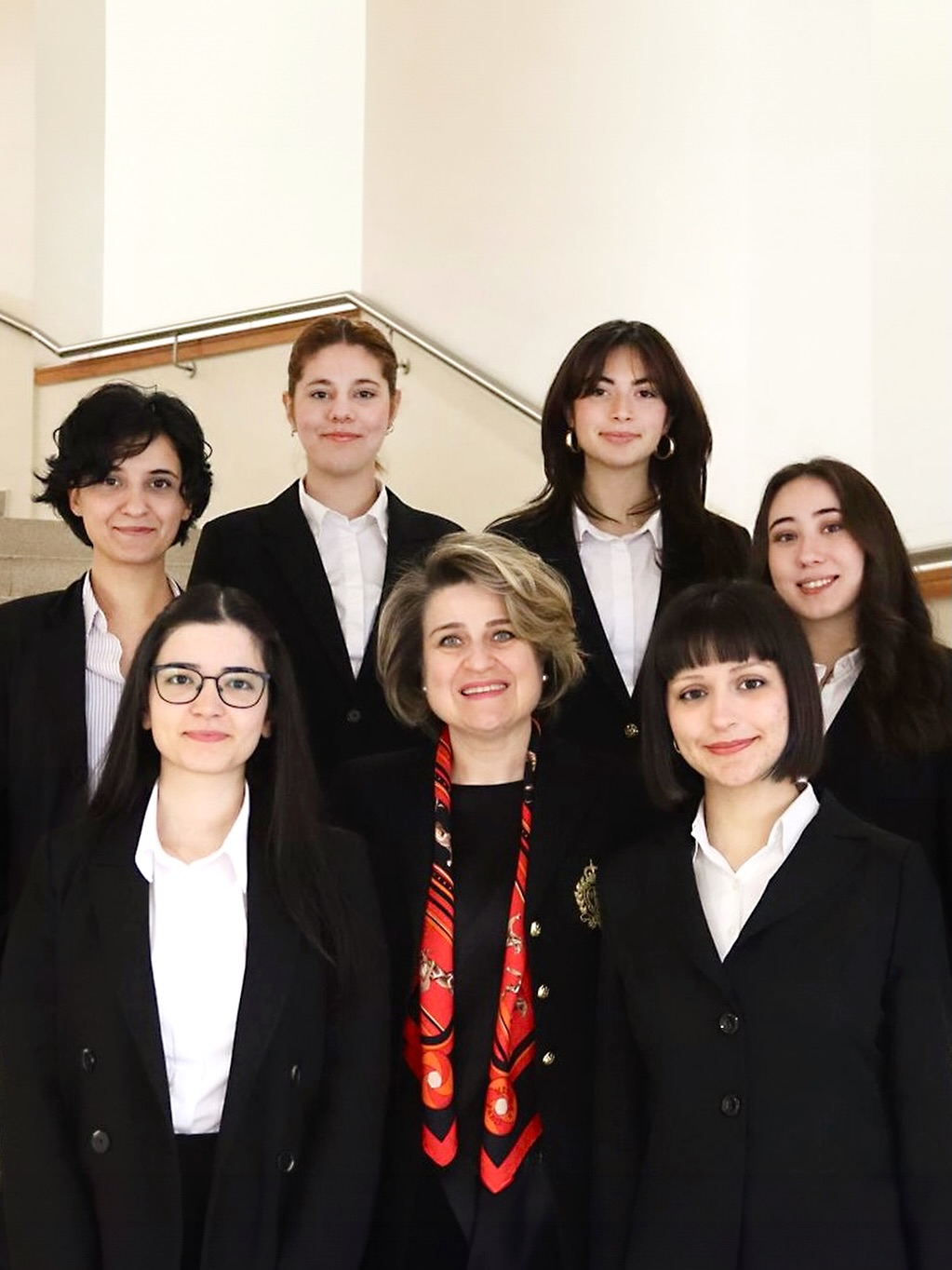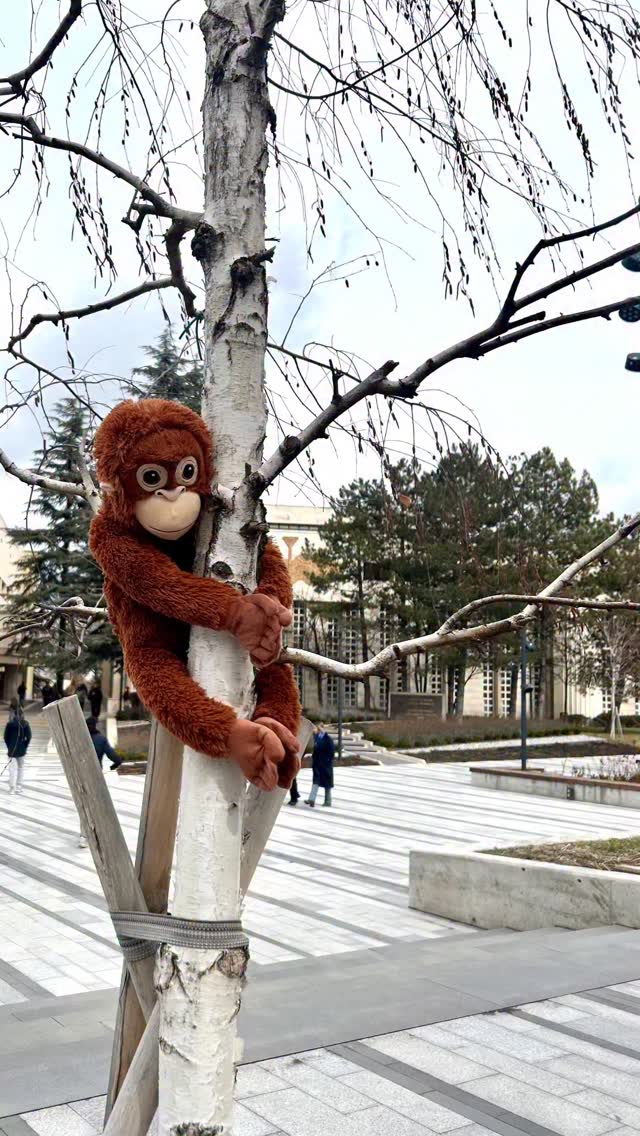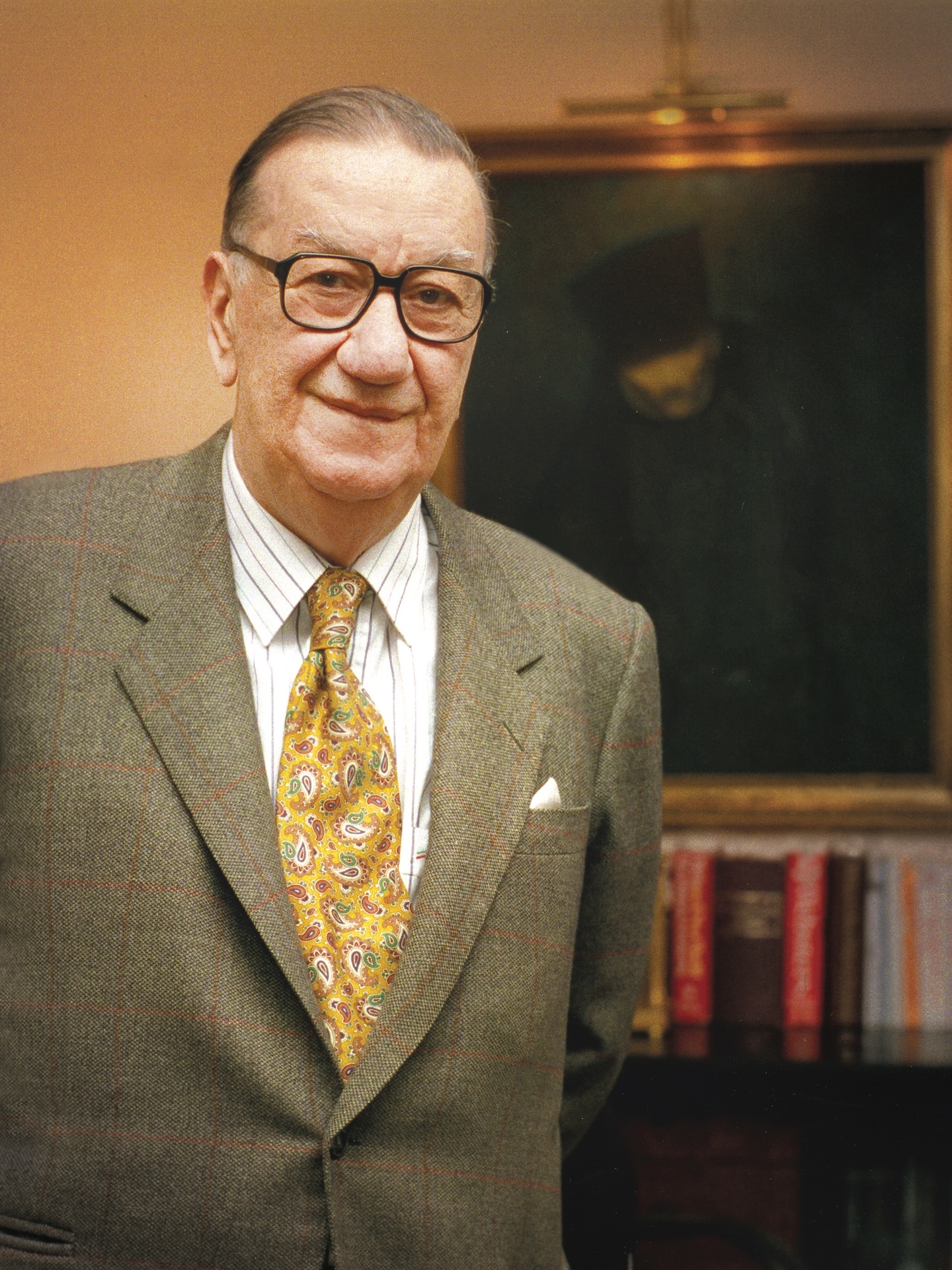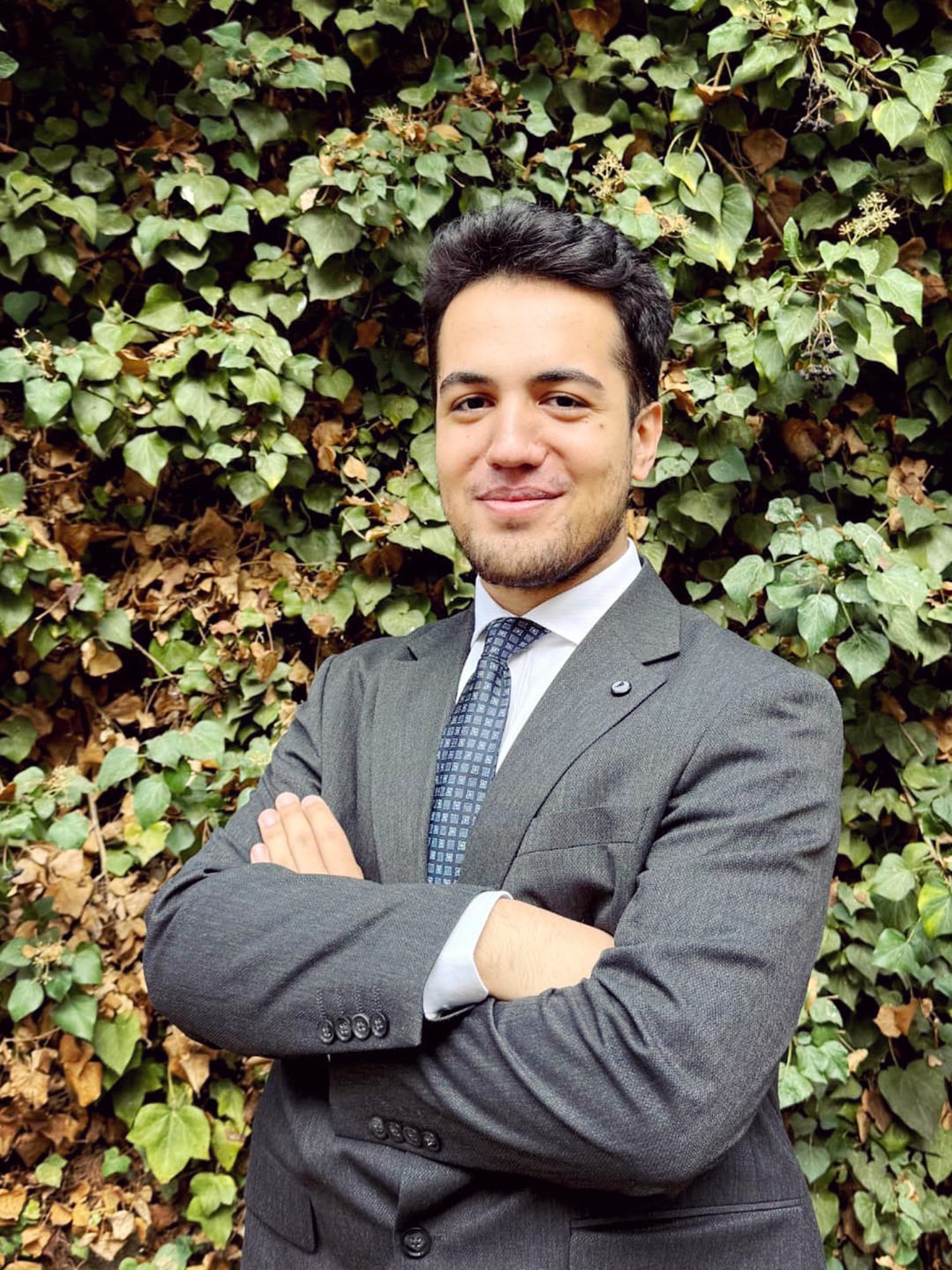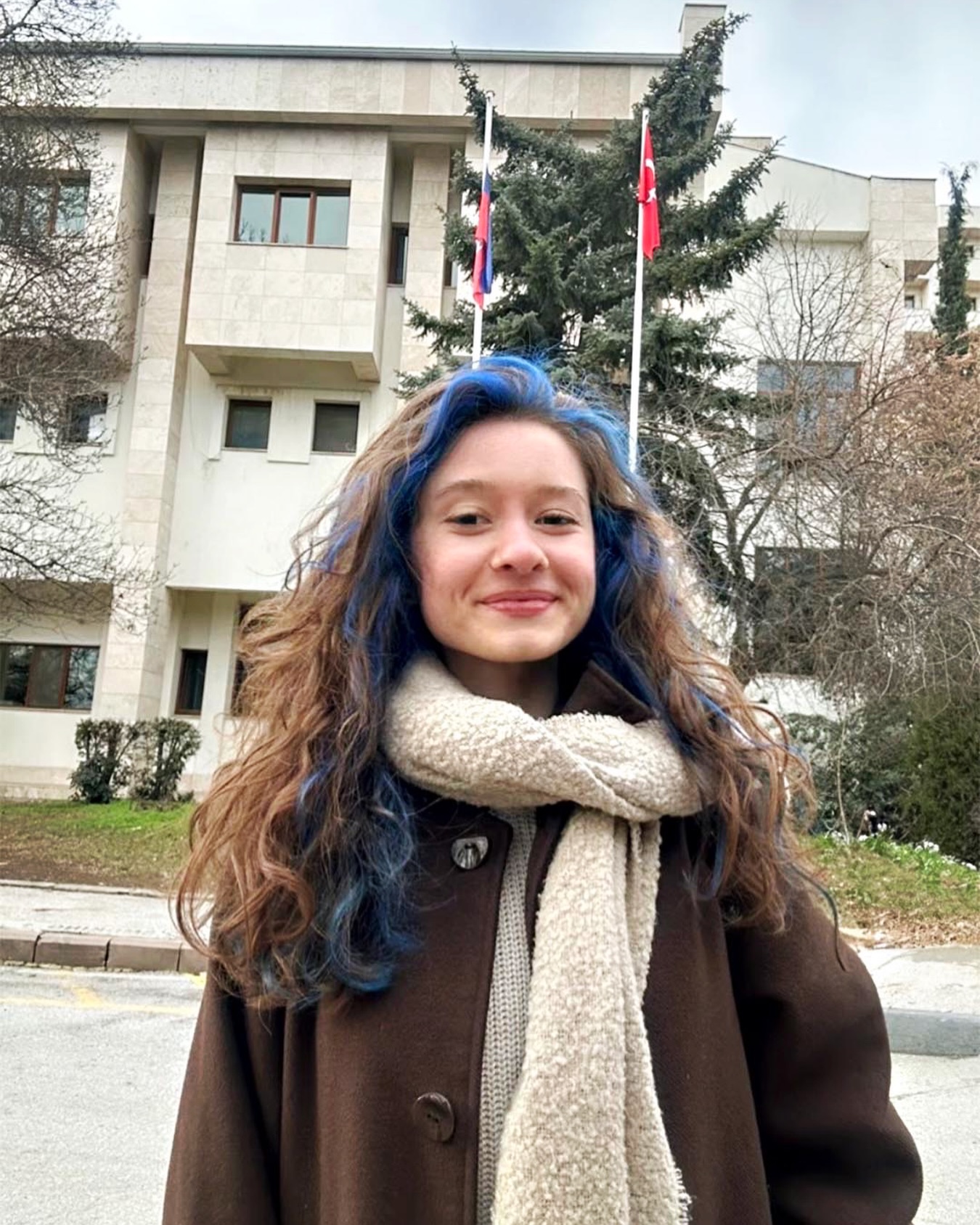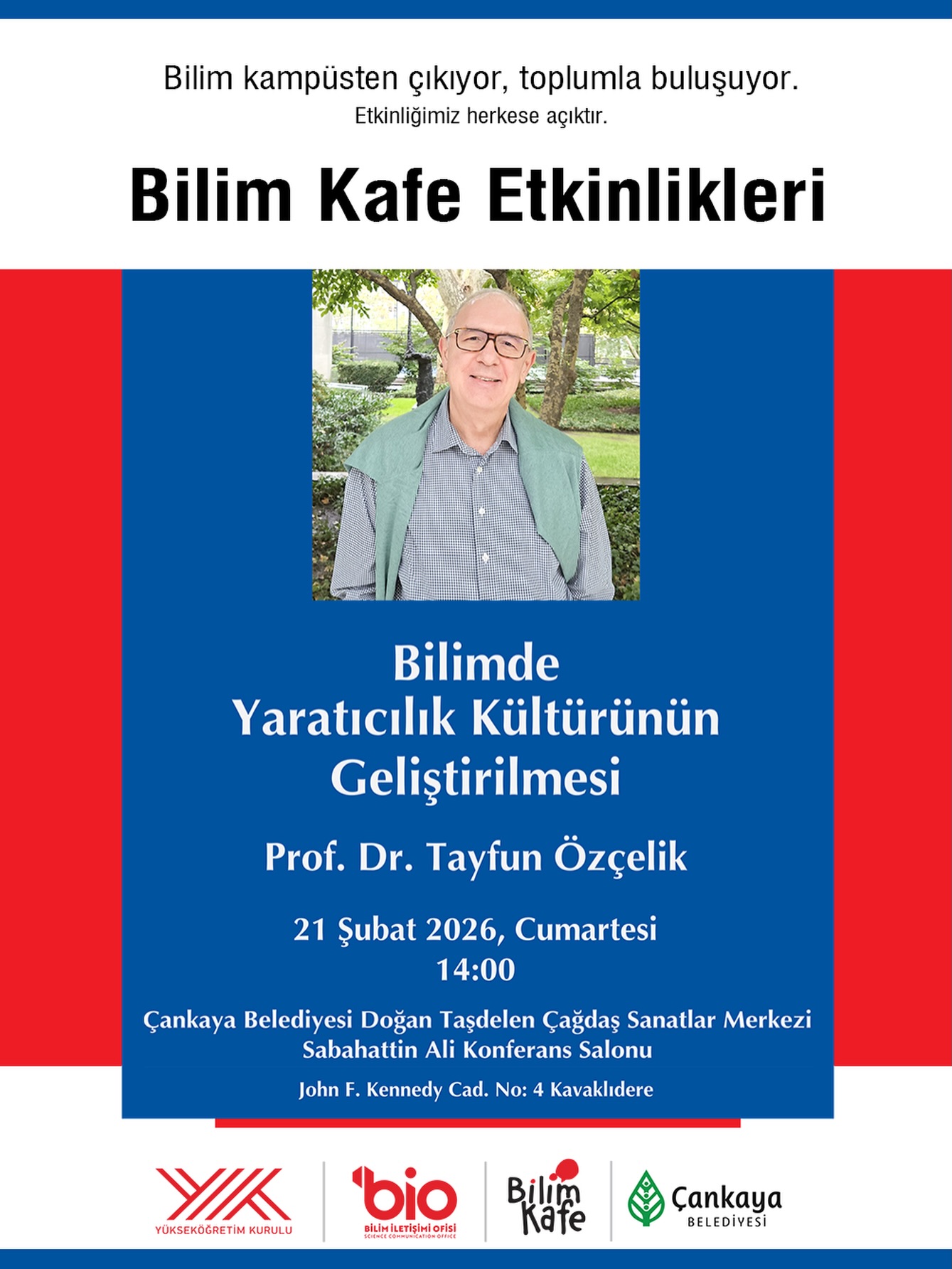BY PELİN SU UZUNCAGİL (AMER ’25)
Jedediah Allen is an assistant professor in the Bilkent Psychology Department. He received his BS from Simon Fraser University in Cognitive Science, his MS from Lehigh University in Cognitive Psychology and his PhD in Developmental Psychology & Cognitive Science in 2012. He worked as a post-doctoral researcher at Rutgers, Robert Wood Johnson Medical School. His research area is the nature, learning and development of knowledge within the specific domains of socio-cognitive and cognitive development in infancy and early childhood, cultural evolution, imitation, theory of mind, infant research methodology, the nativist-empiricist debate and the emergence of new knowledge. He is currently giving PSYC 103 (Introduction to Psychology/Social and Developmental), PSYC 423 (Selected Topics in Cognitive Science), PSYC 502 (Advanced Developmental Psychology) and PSYC 350 (Advanced Cognitive and Social Development) courses.
Why did you choose an academic career?
When I was an undergraduate student, I was decent at my courses; I like to think about things. I took for granted that I would do that. I was focused on neuroscience as I went through my studies, but toward the end of my studies I realized neuroscience doesn’t have the answers that I thought it had. Sometimes we think that by studying the brain we’re going to uncover the mysteries of the mind, but I decided at that point, no, it’s not that way. I decided not to go to graduate school, and I had to begin to think about what to do in life.
My mom did a PhD in Ed. PSYC and she suggested I do a developmental course. I’d never done any developmental psychology. I took one, and I got exposed to a gentleman named Jean Piaget who was asking what people would call philosophical questions but using empirical methods, and that is what I was interested in. I was interested in these bigger questions. Coming across Piaget made me realize that that developmental psychology is where my interests lie, and I got really excited about school. I took a year off, and I worked in a lab and audited courses. I don’t know how much of a deliberate decision it was. It was only something I thought I would do, there was a pause, and then I proceeded with it in this new direction.
What do you like the most about being at Bilkent?
I think the best thing about Bilkent, at least for us here in Psychology, is the undergraduate students. My wife is also an academic, and we have found that the students are great, not just in terms of capability but in terms of motivation. There are a lot of students who are eager to develop themselves. That’s extremely beneficial for anyone interested in teaching because if students don’t develop or change, then you wonder what the point of teaching is. On the research side, the amount of energy that students put into developing themselves in the context of research is also exceptional, and it makes everything more rewarding. At the end of the day, maybe my research is important, maybe it’s not, but helping students develop is always real, and necessary.
What is the subject that you like to teach the most?
My actual major, or discipline, which is cognitive science. I teach cognitive science as an upper division elective. I realize when I teach it how much I enjoy teaching what I studied.
What projects are you working on currently?
I study aspects of people, or of humans, that are relatively unique, for example social learning. This includes things like imitation as well as learning through testimony from others. Most of what we know in the world is from what other people tell us or from textbooks or articles, which is from others as well. I’m really interested in understanding essentially why we have futbol and universities and chimpanzees don’t, and that comes down to (at least in part) our capacity for social learning. I have three studies going on that are all related to social learning. But I’m doing them from a theoretical perspective that I think is broadly the best way to do all development. It’s called an action-based approach, and it’s been nice to develop studies that are tightly tied to this perspective. We’ll see how it goes…
What’s your best work?
I do both experimental and theoretical work. The theoretical work is always still 100% part of the science of psychology, it just doesn’t have an empirical study. This work generally argues that empirical debates are also theoretical debates and that resolution will typically require theoretical work. Doing this work often means trying to more clearly understand the ways in which implicit or taken for granted assumptions influence our empirical research. I have a few papers that look at specific areas of research that have empirical methods, but researchers don’t really recognize how there are underlying assumptions built into their empirical methods. This is what people call philosophy of science or metascience because analyzing how the science is done suggests that there’s some problems with the assumptions implicit in the methodology, implicit in empirical methods, and they try to suggest a better theoretical path, a paradigm shift. The difficulty is then developing the methodologies within that alternative theoretical paradigm. I don’t know if that answers your question, but some of my theoretical work related to this is probably my best work.
What has been the most exciting moment of your career so far? Could you share a turning point or defining moment in your career?
You’re more excited in the beginning, so getting publications or coming out of graduate school. I had a target article about which prominent or famous people were making commentaries, and that was very exciting for me. I was relatively young in my career, but it’s always nice when people actually look at your work, and I’m quite open to criticism. I think it’s fantastic, as long as they read it well enough. I don’t know if there’s been a turning point per se, but there’s been a few different accomplishments that have made me feel like I’m in a different place, and having that target article made me feel like I wasn’t a grad student anymore. Getting certain publications published without so much revision makes me feel like I’m a more accomplished scholar in that I’m both better at what I do and I am being taken more seriously by the reviewers.
When and where do you do your best thinking?
I don’t know if where matters that much, but I do my best thinking when I’m not too busy or suffering from back problems. I like solitude, so whether that’s at home or in the office, it isn’t as important. I think the solitude and the sort of space, meaning not being too busy, allow me to get into things deeply. Of course, conversations have their own sort of function for thinking deeply, but if I’m writing, I like the solitude and the sanctity of being alone and having all my resources available and not having to worry about other things.
What distracts you?
Chronic back problems as well as the business of the semester, like classes. If you’re repeating classes that you’ve taught many times it’s not as distracting, but we have two jobs. The first full-time job is teaching, and the second full-time job is research; another half a job is administrative work. It’s all part of being an academic though, so they’re not distractions in the sense that we shouldn’t have them, but they certainly make it difficult to get research done. For me, the biggest distraction is the chronic back problems. It’s a hazard of the job.
What are you most curious about?
My interests have always been grounded in what people call philosophical problems, which just means they aren’t necessarily concrete. I can ask the question of why we have futbol and universities and chimpanzees don’t? It’s a broad question. It doesn’t have a singular answer, it doesn’t have an easy answer, and I don’t even have a full answer at this point. Initially I spent a lot of time trying to understand the nature of representing the world because as soon as you start to study how we do it, it becomes very problematic in the way we think we do it. It takes a lot of effort by a lot of scholars to develop an understanding of how we represent the world that isn’t obviously problematic. The main framework for thinking about how we represent the world in psychology is clearly problematic. Psychologists don’t tend to focus on that, so they’re not fully aware of the problems, but that is what you do in cognitive science: you focus on the nature of representation and all the problems with the different ways of thinking about it. The idea isn’t that we have the right way, but I think taking an action-based approach is pretty clearly the least problematic way to think about representing today.
What do you like to do when you are not working?
I like physical activity, but my back problems make that challenging. I do enjoy gardening a little bit. I like playing some video games. I like eating.
Which films have influenced you the most, and why?
“The Matrix” was amazing when it came out. I was a young person and it was quite interesting to be taking a philosophy course and then to watch “The Matrix” and see philosophy in action. I enjoyed that both personally and, I guess, educationally.
If you weren’t an academic, what career would you choose?
I spend a fair bit of time watching and reading political news. It’s definitely my hobby, but it’s not clear if I had a different profession if that’s what I’d want to do. I have wondered if I would have wanted to do something related to politics. I don’t think I’d want to be a politician per se, but perhaps work with politicians or be a political scientist, although I’ve never taken a political science course in my life. Or potentially a lawyer—I do like analyzing arguments. That’s what I do in my theoretical work to the extent that law involves arguments. But the grass often looks greener on the other side of the fence.
What is the secret of leading a happy life?
What your question presupposes is that people lead happy lives. I do think it’s important to find meaning in your life. Does your meaning have to primarily be derived from your profession? No. But we academicians spend an awful lot of time doing it, so it’s probably better if it does. But you can, of course, find meaning in your interpersonal relations. Whether that’s by developing your own family or with your parents, siblings, cousins, aunts, uncles, friends, etc. I’m a bit of a humanist in this; the particular form of it doesn’t matter. I think you just need to find meaning in it, and what does it mean to find meaning? It depends on who you are and what we’re talking about exactly. Ideally you like to find meaning in your work, at least on the balance, because every job is going to have parts of it that are not so meaningful, but do you have enough meaning in what you do? I think something that’s not appreciated necessarily by students is that every meaningful job involves a little bit more meaningless work than it should, and unfortunately often involves a lot of work period. Whether you’re a dentist or a doctor or a lawyer or politician or a journalist or anything that somebody might want to be, it takes a lot of work. It is hard if you really don’t care about what you do other than the income. In that case you’ll persist at it not more than five or ten years.
If you could go back to your undergraduate/graduate student years, what advice would you give to your younger-self?
I generally advise my students not to do PhDs because academia has become too saturated, and the demand for professors everywhere in the world is low. Bilkent is somewhat reasonable but the universities put too many demands on you. You have to do reviewing, editing, sit on juries, thesis juries, society boards, editorial boards…and all of that is outside of the administrative work, the teaching, etc. The institutions keep increasing what they want because the competition is so great. I would advise myself not to go to graduate school. If my students absolutely want to, of course, I’ll support them, but I try to persuade them that there’s too few opportunities in graduate studies. A master’s is fine, but PhD, no. I feel like I got lucky. Graduating with a PhD, you and 500 other people are looking for 12 jobs, at least in North America. As an undergraduate, I probably would suggest that I work less in restaurants and a little harder at my studies. I was a little bit lazy as an undergraduate student.
If you had unlimited funds, what would you like to research on?
Developmental robotics. I would have liked to become a roboticist, but I was insufficiently good at programming. But studying development in children is great because they change a lot, and there’s always more of them, robots are also great because you can program them to change a lot, and that requires specificity about what your think is involved in representation, but it’s really hard, and most roboticists just build in the abilities. I would definitely start some sort of institute based on this sort of roughly Piageting framework that I have adopted and I would get some developmental roboticists over here and we would do some interesting things.
